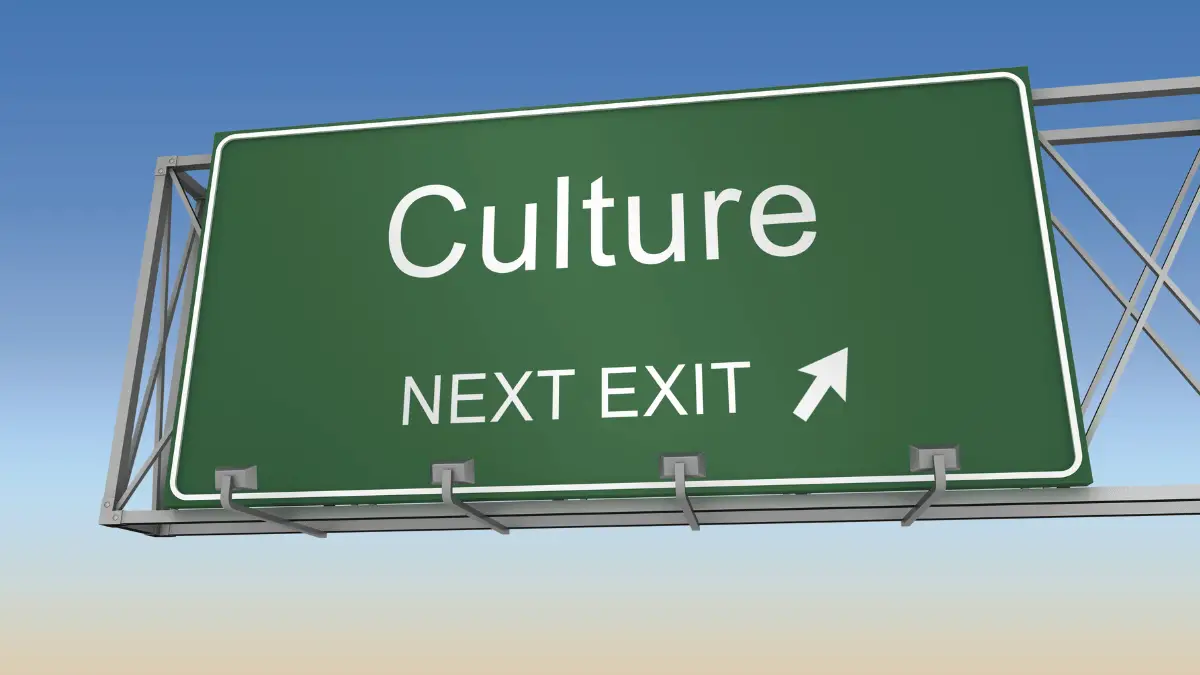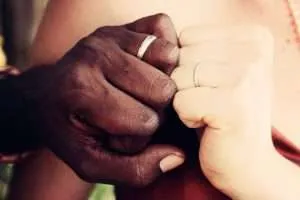Culture and identity are deeply intertwined. Our culture shapes the way we perceive ourselves and the world around us, influencing our values, beliefs, and behaviors. At the same time, our identity shapes our cultural experiences, influencing the ways we interact with others and how we navigate our social and cultural environments.
Culture and Identity Explained
Culture refers to the shared beliefs, customs, values, and practices of a particular group or society. This can include everything from language and religion to food, music, and art. Identity, on the other hand, refers to the characteristics that make us unique as individuals. This can include our gender, race, ethnicity, nationality, religion, sexual orientation, and more.
The relationship between culture and identity is complex and multifaceted. On one hand, our culture can provide us with a sense of belonging and identity. For example, someone who grows up in a particular cultural or religious community may feel a strong sense of connection to that community and derive a significant part of their identity from it. Similarly, someone who grows up in a multilingual or multicultural environment may develop a strong sense of cultural identity based on their experiences and interactions with different cultural groups.
On the other hand, our identity can also shape the way we experience and interact with culture. For example, someone who identifies as LGBTQ+ may have a different cultural experience than someone who identifies as heterosexual or cisgender. Similarly, someone who belongs to a minority racial or ethnic group may have a different cultural experience than someone who belongs to the dominant culture.
Culture, Identity, Behaviors and Attitudes
The relationship between culture and identity can also influence our behaviors and attitudes. For example, someone who strongly identifies with their cultural heritage may be more likely to participate in cultural events, engage with cultural traditions, and resist cultural assimilation. Similarly, someone who strongly identifies with their national identity may feel a sense of patriotism and be more likely to engage in political activism or civic engagement.
However, the relationship between culture and identity is not always positive. In some cases, cultural identity can lead to prejudice, discrimination, and social exclusion. For example, someone who identifies with a particular racial or ethnic group may experience discrimination or prejudice based on their identity. Similarly, someone who identifies as LGBTQ+ may experience discrimination or social exclusion based on their sexual orientation or gender identity.
Why Understanding the Relationship Matters
Our culture shapes the way we perceive ourselves and the world around us, while our identity influences the ways we interact with culture and navigate our social and cultural environments. Understanding the relationship between culture and identity is crucial for building a more inclusive and equitable society, where individuals can embrace and celebrate their unique identities while also respecting and valuing the cultural experiences of others.







